With a small group of school-age children around him, Dylan Whitehorn is the center of attention with his clippers, trimmers and brushes. He’s known as “Mr D the Barber”, and on this summer afternoon in mid-August, Whitehorn had a steady line of kids waiting for a free back-to-school haircut at a neighborhood carnival.
Several Metropolitan police department (MPD) officers patrolled the event, but their presence wasn’t overwhelming. It was a distinct difference from other parts of Washington DC, where upwards of 2,000 national guard troops were on the ground as part of Donald Trump’s temporary takeover of the city’s police department with federal troops.
“It’s really been heartbreaking to see it,” said Whitehorn. “And to hear Donald Trump tell [federal officers] do what you want. You know, that kind of gasses them up, because they pretty much know or feel like they can gun you down, and there won’t be any accountability for that. And when you’re sending your kids to school in that climate, especially when this country has a history of killing young Black males, it’s a terrifying thought.”
Amid a sweeping crackdown that has included immigration raids and checkpoints, Trump has called for teens as young as 14 years old to be charged as adults when accused of certain crimes in DC, citing the recent case of a 19-year-old former “department of government efficiency” (Doge) staffer who was allegedly assaulted by a group of teens.
In late August on Fox & Friends, the US attorney for the District of Columbia, Jeanine Pirro, also doubled down, and said she would push to prosecute teens even younger than what Trump suggested. “We have got to lower the age of criminal responsibility in Washington DC. The gangs and the crews are 13, 14, 15, 16, 17 years old, I can’t touch them,” said Pirro in the clip. “If someone shoots someone with a gun and they’re 17 years old and that person does not die, I can’t prosecute them. I can’t get involved with them.”
Minors aren’t part of Pirro’s jurisdiction because the US attorney for the District of Columbia is responsible for prosecuting adult felonies, while the local DC attorney general handles youth criminal cases. But the focus on young people committing crimes has become one of the central issues in the capital city’s friction with the Trump administration.
Juvenile justice advocates say that DC’s current legal system ensures accountability and responsibility for minors involved in harmful behavior, without incarcerating them in a system built for adults. But DC natives and parents said they had mixed thoughts about how to effectively respond to youth crime. Frustration with community gun violence, even as violent crime has gone down after the pandemic surge, has made many residents in the Democratic city warily consider federal assistance.
“It honestly depends on the crime because I’ve seen some of the younger kids out here carrying guns, like I can’t even sugarcoat it. If you out here killing then, yeah, you can serve adult time,” said Will Scales, a DC parent of three. “The punishment should be appropriate.”
Research from the DC Policy Center shows the juvenile arrest rate in Washington DC is nearly double the national rate. There were more than 1,120 juvenile arrests from 1 January to 29 June this year, making up roughly 7% of all arrests in the city, according to data from the Criminal Justice Coordinating Council, an independent DC agency that tracks public safety statistics. These trends have remained consistent since 2023, when youth crime spiked after the pandemic.
The MPD has not publicly released any information about juvenile arrests during this federal operation, as it only publishes reports on juvenile arrests twice a year.
Whenever a minor is arrested, an MPD spokesperson said, they are taken to the juvenile processing center. Depending on the severity of the criminal charge, the teen may be held overnight before they can see a judge the next day, or if they are eligible to participate in a diversion program, the teen is released to their guardian the same day as the arrest.
Last year, the local DC attorney general’s office prosecuted over 84% of violent juvenile offenses, including homicide and attempted homicide, gun possession, carjacking and robbery cases.
Still, city officials and advocates stress that the city has done more than prosecution alone.
When crime spiked in 2023, DC’s mayor, Muriel Bowser, issued a public emergency declaration on juvenile crime, which expanded city resources and programs. This spring, the city launched the juvenile investigative response unit, a new initiative within the police department that expands outreach to teens in the criminal justice system and investigates violent crime involving youth.
More recently, the DC city council approved tougher juvenile curfews after a series of incidents involving large groups of teens engaging in harmful and criminal behavior throughout the city.
“There’s no question they still need to work on public safety,” said the DC city council member Robert White in an interview. “If we could actually get support from the federal government to keep doing the things that are working, we could continue to drive down crime. If the president spent just what he is spending from the defense budget, deploying the guards to DC on homelessness and crime, we could end both of them this week, but that’s not his goal.”
after newsletter promotion
Whitehorn, meanwhile, acknowledges that youth crime has been an issue in DC, but he believes the answer isn’t as simple as locking teens up in jail. He knows this from his own experience: Whitehorn went to prison twice, spending nearly 15 years behind bars.
“I get it that [if] they kill somebody, and I hate [for it] to be me or someone I love, but 14 years old, that’s just too young. I think it’s too young to get life … and that’s normally what you get for murder,” said Whitehorn. “I don’t think they have to be tried as an adult.”
DC resident and parent Benetra Hudson believes there should be more parental involvement. She said this included more community policing efforts from neighbors, not police.
“I’m 40 – when I was growing up, I had a whole community,” Hudson said. “I couldn’t do things because the lady at the corner knew my mom, and she would tell my mom or my grandmother before I could even get home from doing whatever it was I was not supposed to do.”
When it comes to punishment, Hudson believes that teens aged 13 and 14 are too young to grasp the reality of their mistakes fully.
“I feel like it gives them less of an opportunity if they’re charged as an adult, because they’re not going into a real adult situation in jail, and they’re not rehabilitated to look forward to the future,” said Hudson. “It’s a different thing when you’re actually incarcerated and you’re going to a juvenile facility to rehabilitate you to be better than you were as a juvenile, so when you are an adult, you don’t have those same mishaps.”
Michael Umpierre, director of the Center for Youth Justice at the McCourt School of Public Policy at Georgetown University, agreed that police surveillance was not the most effective way to prevent youth crime.
“If we truly want safer communities, we should be investing in schools, family supports and community-based youth programming. That is how we create pathways for young people – and all community members – to thrive,” he said in a statement.
Others in the community echo that sentiment, arguing that the national guard’s presence won’t address the root causes of crime in the city.
“People are not coming out because you’re out there, but they’re still going to kill, they’re still going to do all they’re doing as soon as you’re gone,” said Whitehorn. “It’s not fixing, it’s just blanketing the situation, but it’s not addressing the issues.”

 German (DE)
German (DE)  English (US)
English (US)  Spanish (ES)
Spanish (ES)  French (FR)
French (FR)  Hindi (IN)
Hindi (IN)  Italian (IT)
Italian (IT)  Russian (RU)
Russian (RU)  3 hours ago
3 hours ago



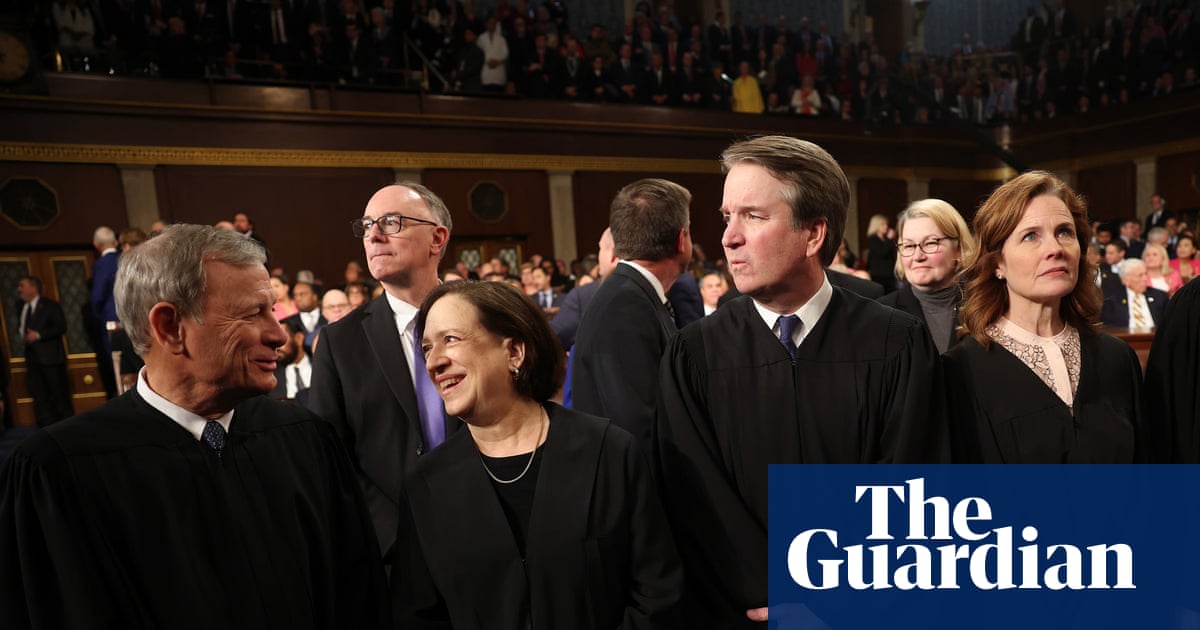



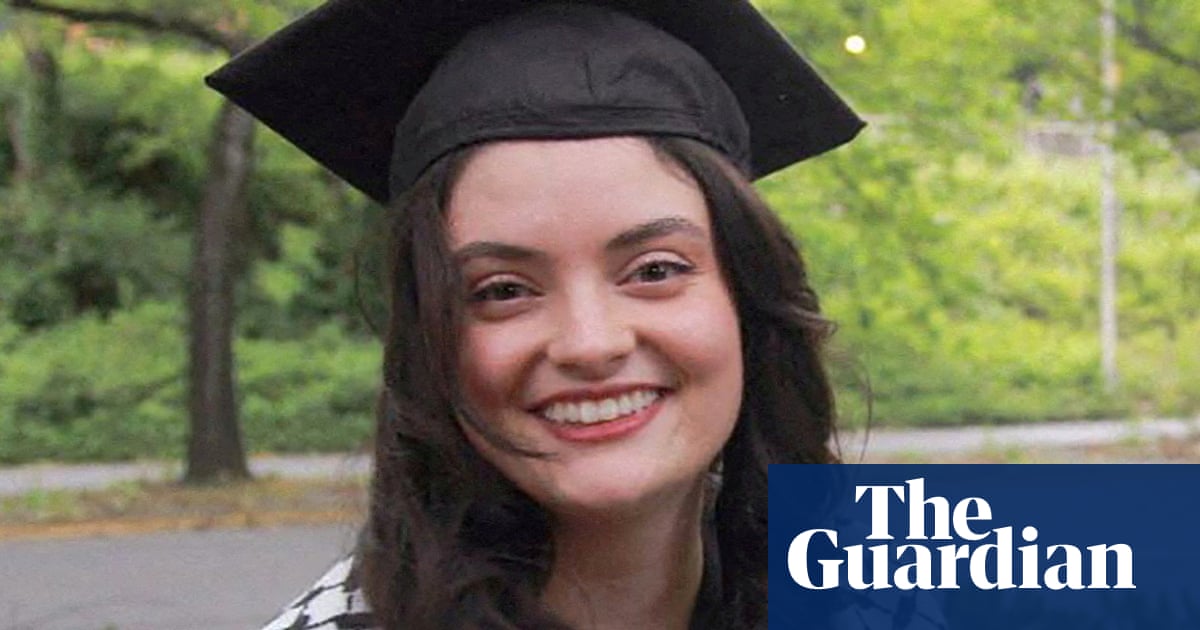



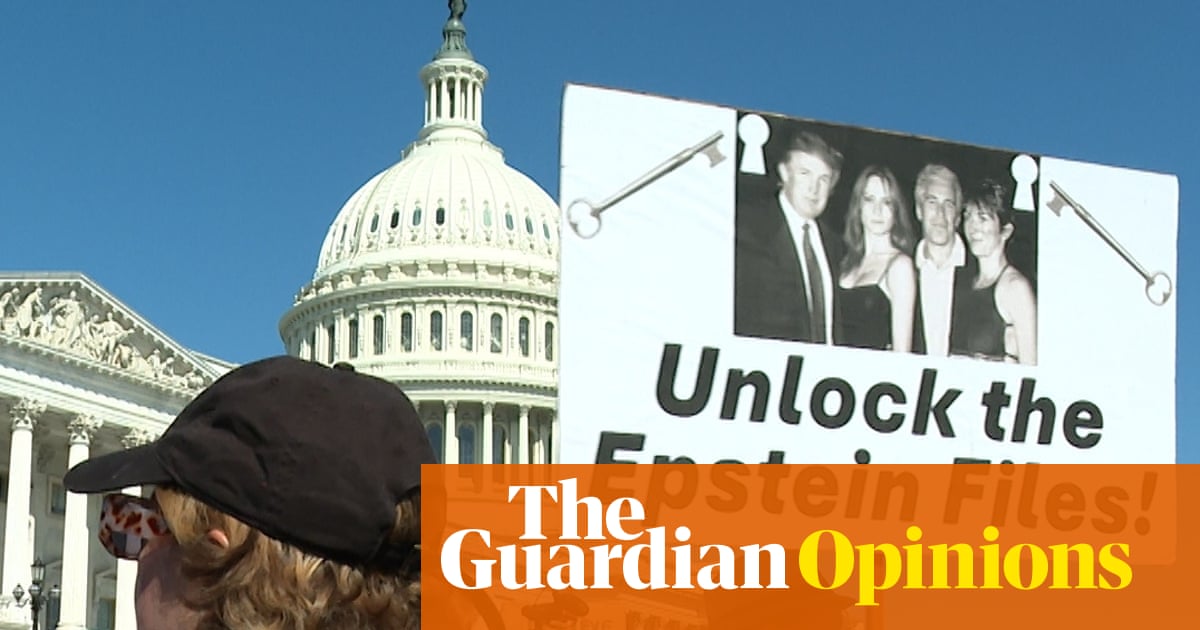




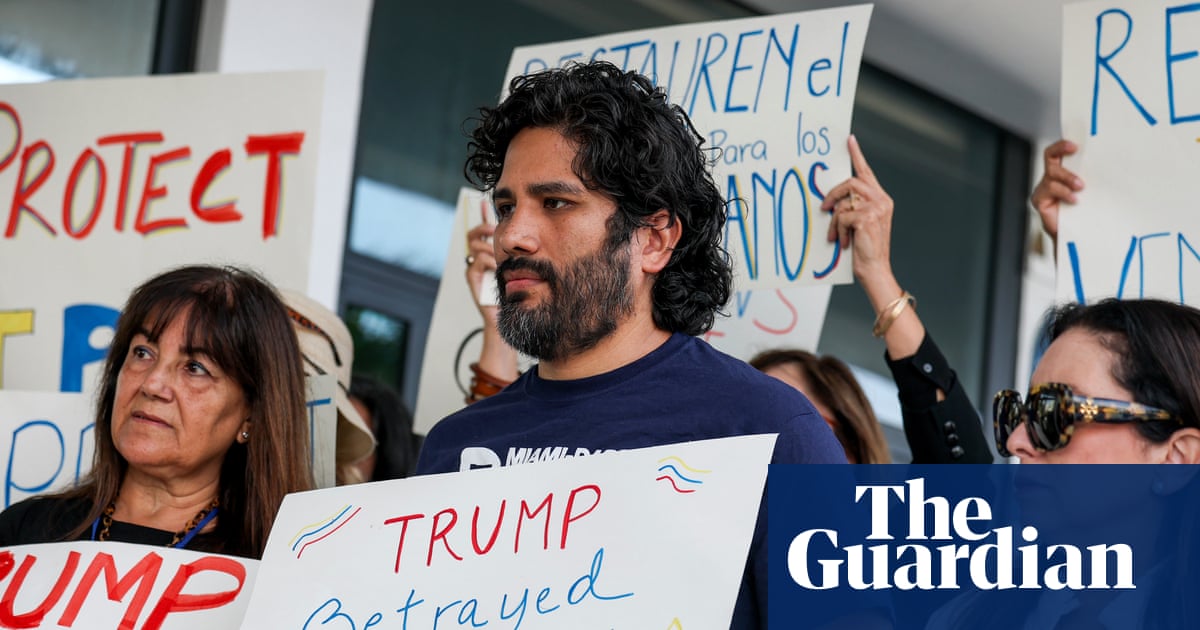

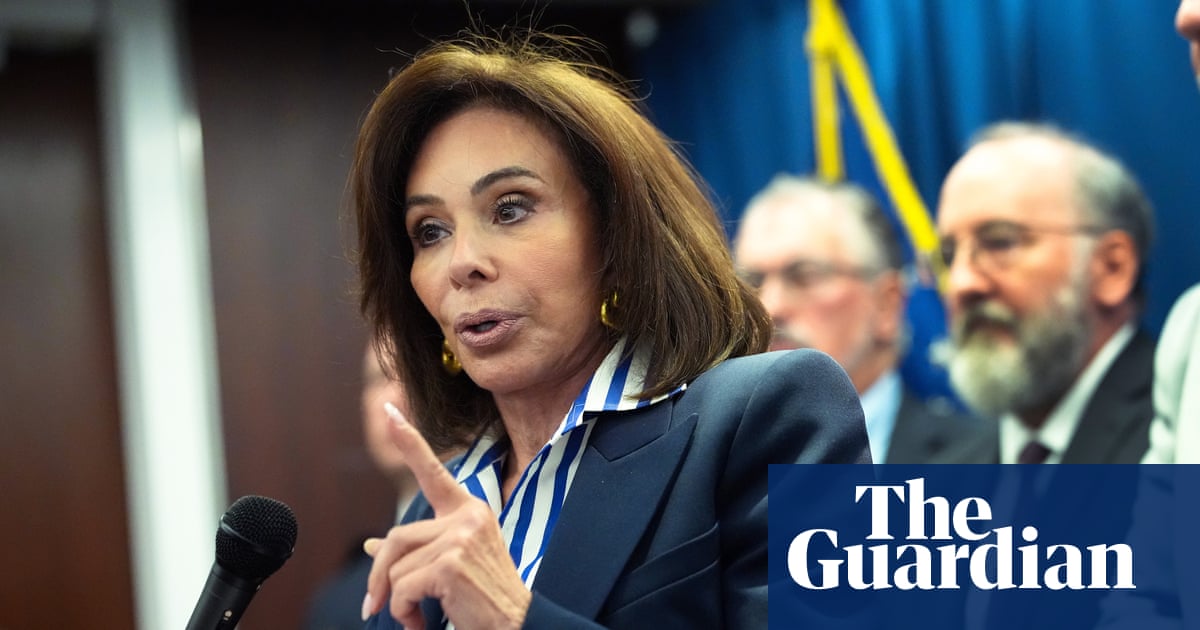
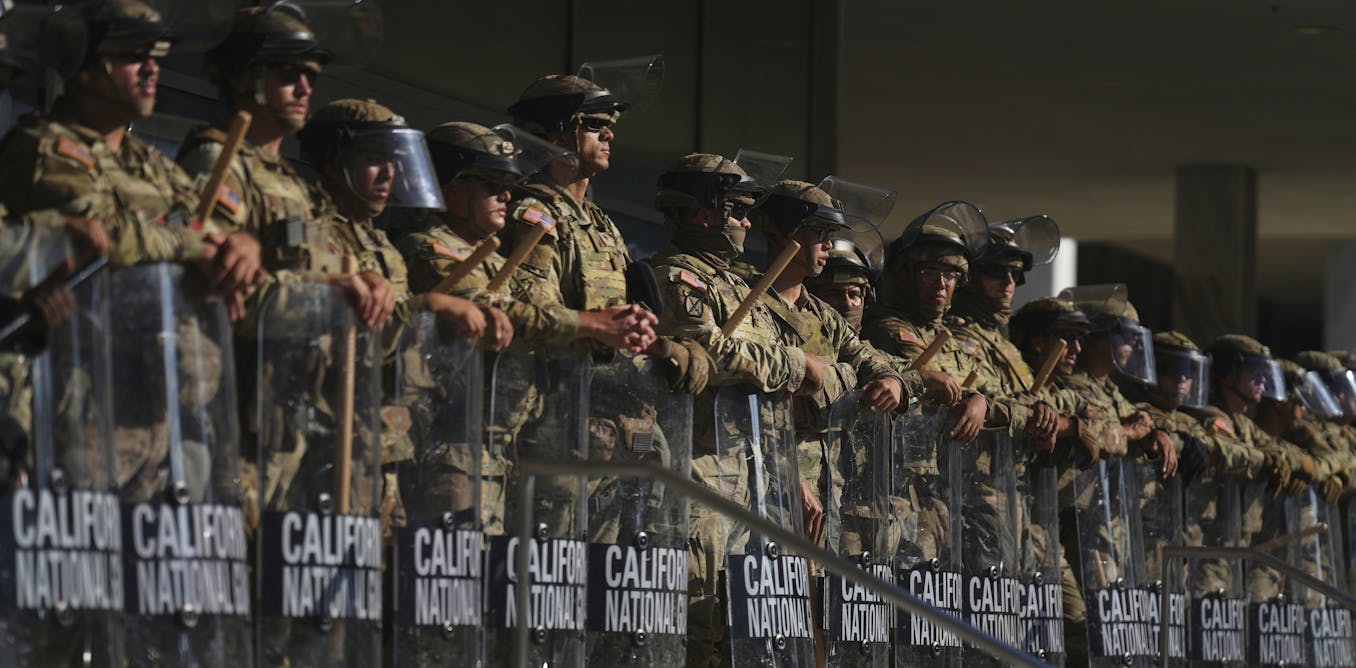




Comments